BLOGS
10 Foods That Are Bad For Your Teeth
As we navigate our daily lives, we often indulge in various foods without considering their impact on our dental health. At Crows Nest Dental Centre, we believe in not only providing top-notch dental care but also educating our community on maintaining optimal oral health. In this blog post, we’ll discuss ten foods that are particularly harmful to your teeth and offer some tips on how to enjoy them responsibly.
1. Sugary Candies and Sweets
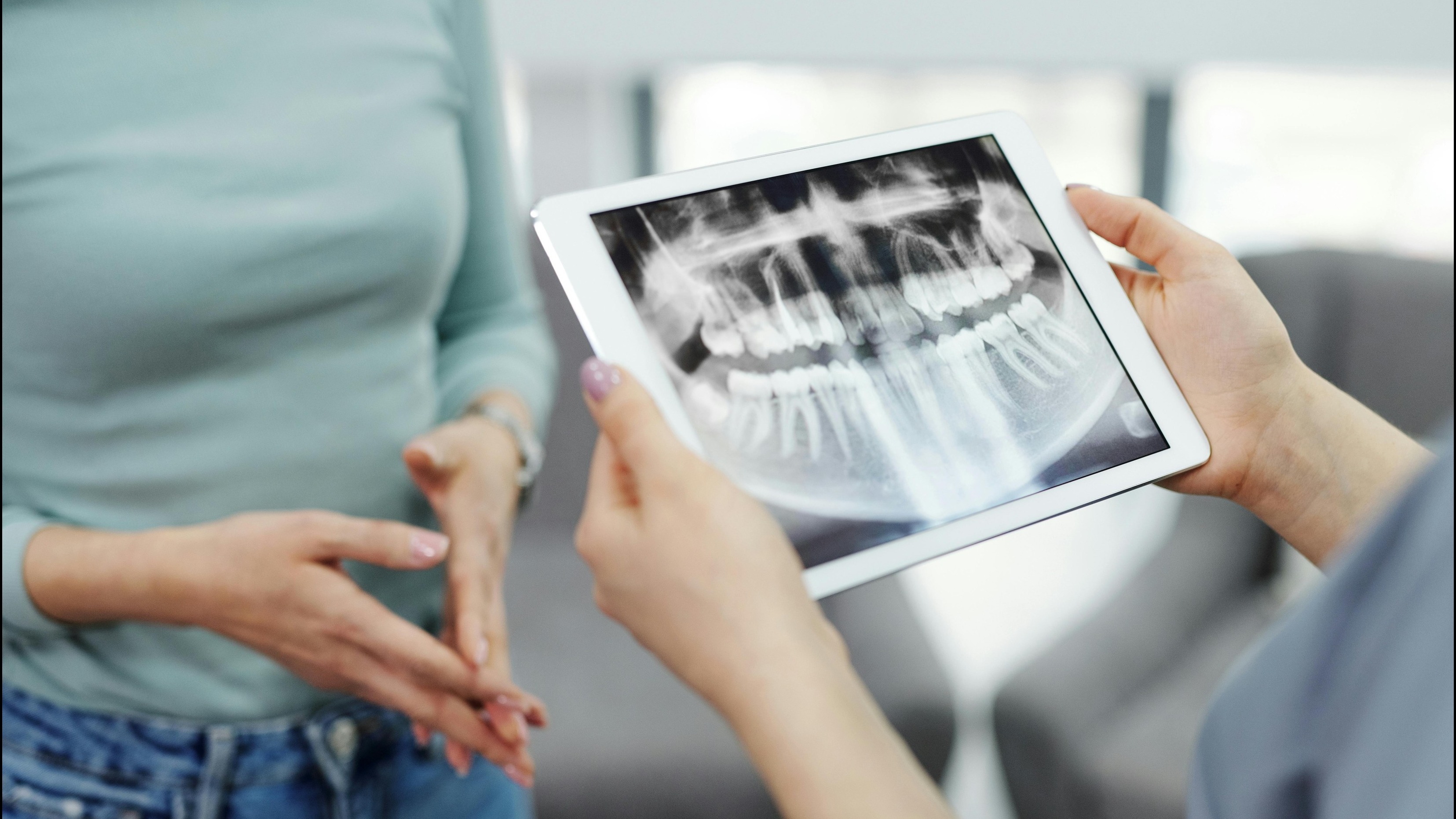
Sugary candies and sweets are some of the biggest culprits when it comes to tooth decay. The high sugar content provides a feast for bacteria in your mouth, which produce acids that erode tooth enamel. Sticky candies like toffees and caramels are particularly harmful as they cling to your teeth for longer periods.
Candies that stay in your mouth for a long time, such as lollipops and hard candies, can cause even more damage. The longer sugar is in contact with your teeth, the more acid is produced. This can lead to cavities and tooth decay. Additionally, sour candies are especially acidic, which can weaken your enamel even more.
Tip: If you indulge in sweets, try to brush your teeth soon after or rinse your mouth with water to reduce sugar's lingering effects. Sugar-free gum can also help stimulate saliva production, which helps wash away food particles and acids.
Tip: If you indulge in sweets, try to brush your teeth soon after or rinse your mouth with water to reduce sugar's lingering effects. Sugar-free gum can also help stimulate saliva production, which helps wash away food particles and acids.
2. Carbonated Soft Drinks

Carbonated soft drinks are double trouble for your teeth. They are packed with sugar and contain acids that can wear down your enamel. Even diet sodas, which are sugar-free, have acidic content that can harm your teeth.
Soft drinks are also known for their ability to stain teeth over time, leading to a dull, discolored smile. The combination of acid and sugar in these beverages can cause significant enamel erosion, making your teeth more susceptible to decay and sensitivity.
Tip: Limit your intake of soft drinks and opt for water or milk instead. Using a straw can also help minimize contact with your teeth, reducing the risk of enamel erosion. If you do consume soda, rinse your mouth with water afterward to help neutralize the acids.
Tip: Limit your intake of soft drinks and opt for water or milk instead. Using a straw can also help minimize contact with your teeth, reducing the risk of enamel erosion. If you do consume soda, rinse your mouth with water afterward to help neutralize the acids.
3. Ice
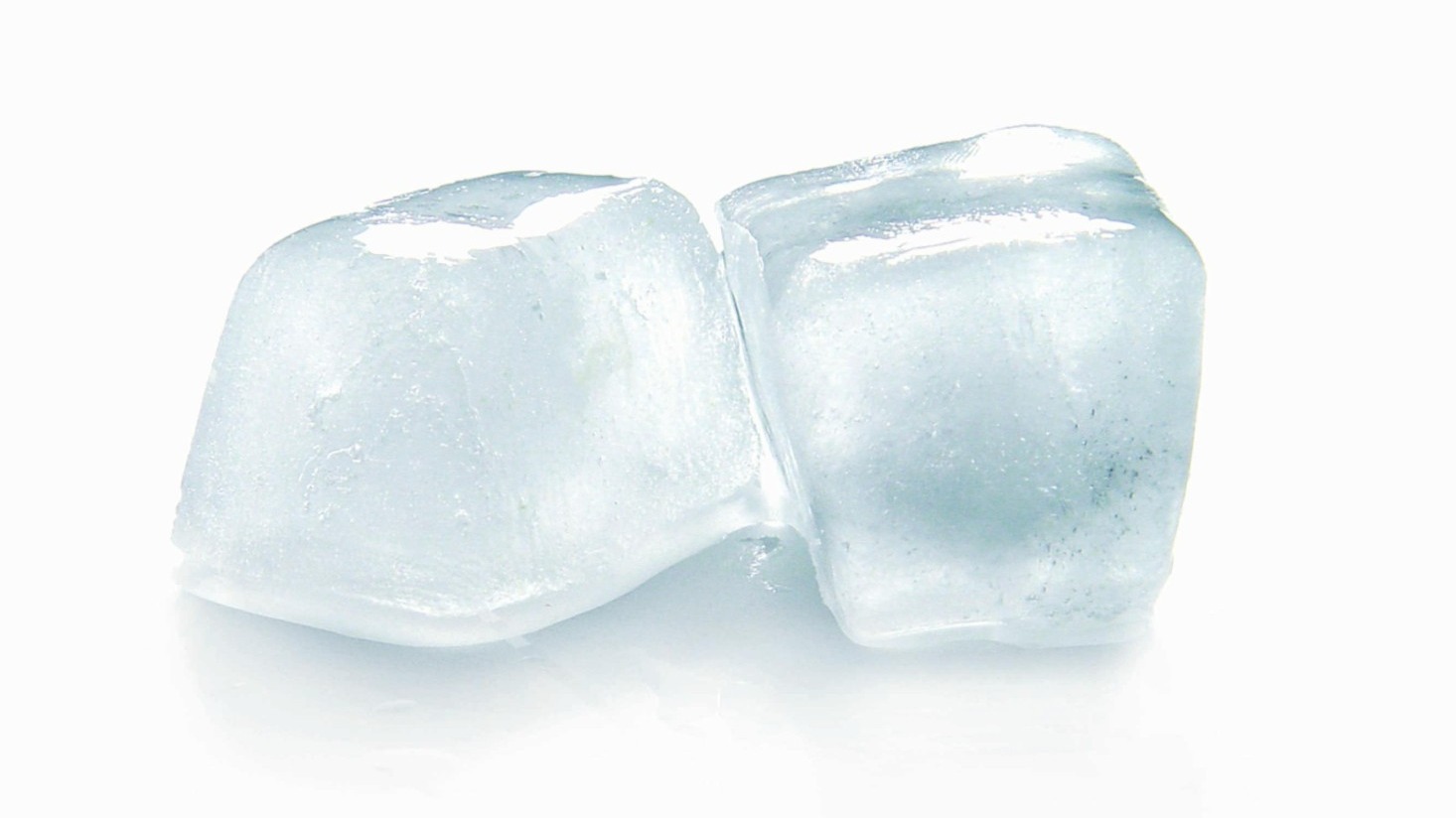
While ice itself is sugar-free, chewing on hard ice cubes can damage your teeth by causing cracks or chips. This can lead to further dental issues such as sensitivity and cavities.
Chewing on ice can also damage dental work such as fillings, crowns, and veneers. It can cause small fractures in your teeth, which may not be visible immediately but can lead to more significant problems over time.
Tip: If you enjoy cold beverages, let the ice melt in your mouth instead of chewing on it. Consider switching to crushed ice if you find it difficult to break the habit.
Tip: If you enjoy cold beverages, let the ice melt in your mouth instead of chewing on it. Consider switching to crushed ice if you find it difficult to break the habit.
4. Citrus Fruits
Citrus fruits like lemons, oranges, and grapefruits are rich in vitamin C, but their high acid content can erode tooth enamel over time. Frequent exposure can make your teeth more susceptible to decay.
The natural sugars in citrus fruits can also contribute to tooth decay. Additionally, citrus fruits can irritate mouth sores and cause discomfort for those with sensitive teeth.
Tip: Enjoy citrus fruits in moderation and rinse your mouth with water afterward to help neutralize the acids. Eating citrus fruits as part of a meal can also help reduce their impact on your teeth.
Tip: Enjoy citrus fruits in moderation and rinse your mouth with water afterward to help neutralize the acids. Eating citrus fruits as part of a meal can also help reduce their impact on your teeth.
5. Dried Fruits
Dried fruits, such as raisins, apricots, and figs, are a healthy snack option but can be problematic for your teeth. They are sticky and can cling to your teeth, trapping sugars that bacteria feed on.
The concentration of natural sugars in dried fruits is higher than in their fresh counterparts, increasing the risk of tooth decay. The sticky texture of dried fruits can make it difficult for saliva to wash away the sugars, leading to prolonged exposure.
Tip: After eating dried fruits, brush and floss to remove any residue and prevent decay. Alternatively, enjoy fresh fruits, which are less likely to stick to your teeth.
Tip: After eating dried fruits, brush and floss to remove any residue and prevent decay. Alternatively, enjoy fresh fruits, which are less likely to stick to your teeth.
6. Potato Chips

Potato chips are a popular snack, but they can be detrimental to your dental health. They are full of starch, which gets trapped in your teeth and breaks down into sugar, feeding harmful bacteria.
The small, sharp pieces of chips can also get lodged between your teeth, creating an environment where bacteria can thrive. This can lead to plaque buildup and increase the risk of cavities and gum disease.
Tip: If you enjoy chips, try to brush and floss afterward to remove trapped particles. Consider healthier snack alternatives like raw vegetables or nuts, which are less likely to contribute to tooth decay.
The small, sharp pieces of chips can also get lodged between your teeth, creating an environment where bacteria can thrive. This can lead to plaque buildup and increase the risk of cavities and gum disease.
Tip: If you enjoy chips, try to brush and floss afterward to remove trapped particles. Consider healthier snack alternatives like raw vegetables or nuts, which are less likely to contribute to tooth decay.
7. Coffee and Tea
Coffee and tea can stain your teeth over time, leading to a less-than-bright smile. They can also be acidic, contributing to enamel erosion. Adding sugar to these beverages only exacerbates the problem.
Tannins in coffee and tea can cause yellow or brown stains on your teeth, which can be difficult to remove with regular brushing. Drinking these beverages throughout the day increases the exposure of your teeth to staining compounds and acids.
Tip: Drink water alongside your coffee or tea to help wash away staining compounds and consider limiting added sugars. Regular dental cleanings at Crows Nest Dental Centre can help keep your smile bright and healthy.
Tannins in coffee and tea can cause yellow or brown stains on your teeth, which can be difficult to remove with regular brushing. Drinking these beverages throughout the day increases the exposure of your teeth to staining compounds and acids.
Tip: Drink water alongside your coffee or tea to help wash away staining compounds and consider limiting added sugars. Regular dental cleanings at Crows Nest Dental Centre can help keep your smile bright and healthy.
8. Alcohol
Alcoholic beverages can dry out your mouth, reducing saliva production. Saliva is essential for washing away food particles and neutralizing acids. Additionally, many mixed drinks contain high levels of sugar.
Dry mouth can increase the risk of tooth decay and gum disease, as saliva helps protect your teeth from harmful bacteria. The high sugar content in cocktails and mixers can further contribute to dental problems.
Dry mouth can increase the risk of tooth decay and gum disease, as saliva helps protect your teeth from harmful bacteria. The high sugar content in cocktails and mixers can further contribute to dental problems.
Tip: Drink water between alcoholic beverages to stay hydrated and help maintain saliva flow. Opt for sugar-free mixers or choose drinks with lower sugar content to reduce the risk of tooth decay.
9. Sports Drinks

Sports drinks are often marketed as healthy, but they can be high in sugar and acids, making them harmful to your teeth. Frequent consumption can lead to enamel erosion and cavities.
The combination of sugar and acid in sports drinks can create an environment where bacteria thrive, increasing the risk of tooth decay. Athletes who frequently sip on sports drinks during workouts are especially at risk.
Tip: Opt for water or low-sugar alternatives to stay hydrated during workouts. If you do consume sports drinks, rinse your mouth with water afterward to help neutralize the acids.
The combination of sugar and acid in sports drinks can create an environment where bacteria thrive, increasing the risk of tooth decay. Athletes who frequently sip on sports drinks during workouts are especially at risk.
Tip: Opt for water or low-sugar alternatives to stay hydrated during workouts. If you do consume sports drinks, rinse your mouth with water afterward to help neutralize the acids.
10. Popcorn
Popcorn itself is not bad for your teeth, but the unpopped kernels can be problematic. Biting down on a hard kernel can cause tooth fractures. Additionally, popcorn can get stuck between your teeth, leading to plaque buildup if not properly cleaned.
The small, sharp pieces of popcorn can create tiny cuts in your gums, which can become irritated or infected. The butter and salt often added to popcorn can also contribute to dental issues.
Tip: Be cautious while eating popcorn and floss thoroughly afterward to remove any trapped pieces. Choose plain, air-popped popcorn as a healthier option.
The small, sharp pieces of popcorn can create tiny cuts in your gums, which can become irritated or infected. The butter and salt often added to popcorn can also contribute to dental issues.
Tip: Be cautious while eating popcorn and floss thoroughly afterward to remove any trapped pieces. Choose plain, air-popped popcorn as a healthier option.
Taking Care of Your Teeth at Crows Nest Dental Centre
At Crows Nest Dental Centre, we are dedicated to helping you maintain a healthy smile. Here are a few dental care tips to keep your teeth in top condition:
1- Brush and Floss Regularly: Brush your teeth at least twice a day and floss daily to remove food particles and plaque. Use fluoride toothpaste to help strengthen your enamel.
2- Regular Dental Checkups: Visit our clinic every six months for routine checkups and cleanings. Early detection of dental issues can prevent more serious problems down the line.
3- Healthy Diet: Maintain a balanced diet rich in fruits, vegetables, and dairy products to support your dental health. Limit sugary and acidic foods that can harm your teeth.
4- Hydration: Drink plenty of water to keep your mouth hydrated and aid in the natural cleansing process. Water also helps rinse away food particles and neutralize acids.
5- Use Mouthwash: An antimicrobial mouthwash can help reduce plaque and fight bad breath. Look for a mouthwash that contains fluoride for added protection against tooth decay.
Avoid Tobacco Products: Smoking and chewing tobacco can stain your teeth, cause bad breath, and increase your risk of gum disease and oral cancer. Quitting tobacco can significantly improve your oral health.
1- Brush and Floss Regularly: Brush your teeth at least twice a day and floss daily to remove food particles and plaque. Use fluoride toothpaste to help strengthen your enamel.
2- Regular Dental Checkups: Visit our clinic every six months for routine checkups and cleanings. Early detection of dental issues can prevent more serious problems down the line.
3- Healthy Diet: Maintain a balanced diet rich in fruits, vegetables, and dairy products to support your dental health. Limit sugary and acidic foods that can harm your teeth.
4- Hydration: Drink plenty of water to keep your mouth hydrated and aid in the natural cleansing process. Water also helps rinse away food particles and neutralize acids.
5- Use Mouthwash: An antimicrobial mouthwash can help reduce plaque and fight bad breath. Look for a mouthwash that contains fluoride for added protection against tooth decay.
Avoid Tobacco Products: Smoking and chewing tobacco can stain your teeth, cause bad breath, and increase your risk of gum disease and oral cancer. Quitting tobacco can significantly improve your oral health.
Why Choose Crows Nest Dental Centre?
Choosing the right dental care provider is crucial for your oral health. At Crows Nest Dental Centre, we offer:
- Experienced Dentists: Our team of skilled dentists provides comprehensive dental care tailored to your needs. With years of experience and continuous training, our dentists stay updated on the latest advancements in dental care.
- Advanced Technology: We use the latest dental technology to ensure accurate diagnoses and effective treatments. Our state-of-the-art equipment allows us to provide the highest quality of care.
- Patient-Centered Care: Your comfort and satisfaction are our top priorities. We strive to create a welcoming and stress-free environment. From the moment you walk through our doors, our friendly staff will ensure you feel at ease.
- Community Engagement: We are committed to educating our community on the importance of dental health through informative blogs and community outreach. Our goal is to empower you with the knowledge to make informed decisions about your oral health.
Conclusion
Your diet plays a significant role in maintaining your dental health. By being mindful of the foods you consume and following good oral hygiene practices, you can protect your teeth from damage and decay. At Crows Nest Dental Centre, we are here to support you in your journey to a healthy and beautiful smile.
For more tips and expert dental care, visit us at Crows Nest Dental Centre or schedule an appointment today!
For more tips and expert dental care, visit us at Crows Nest Dental Centre or schedule an appointment today!
How Your Dental Health Impacts You
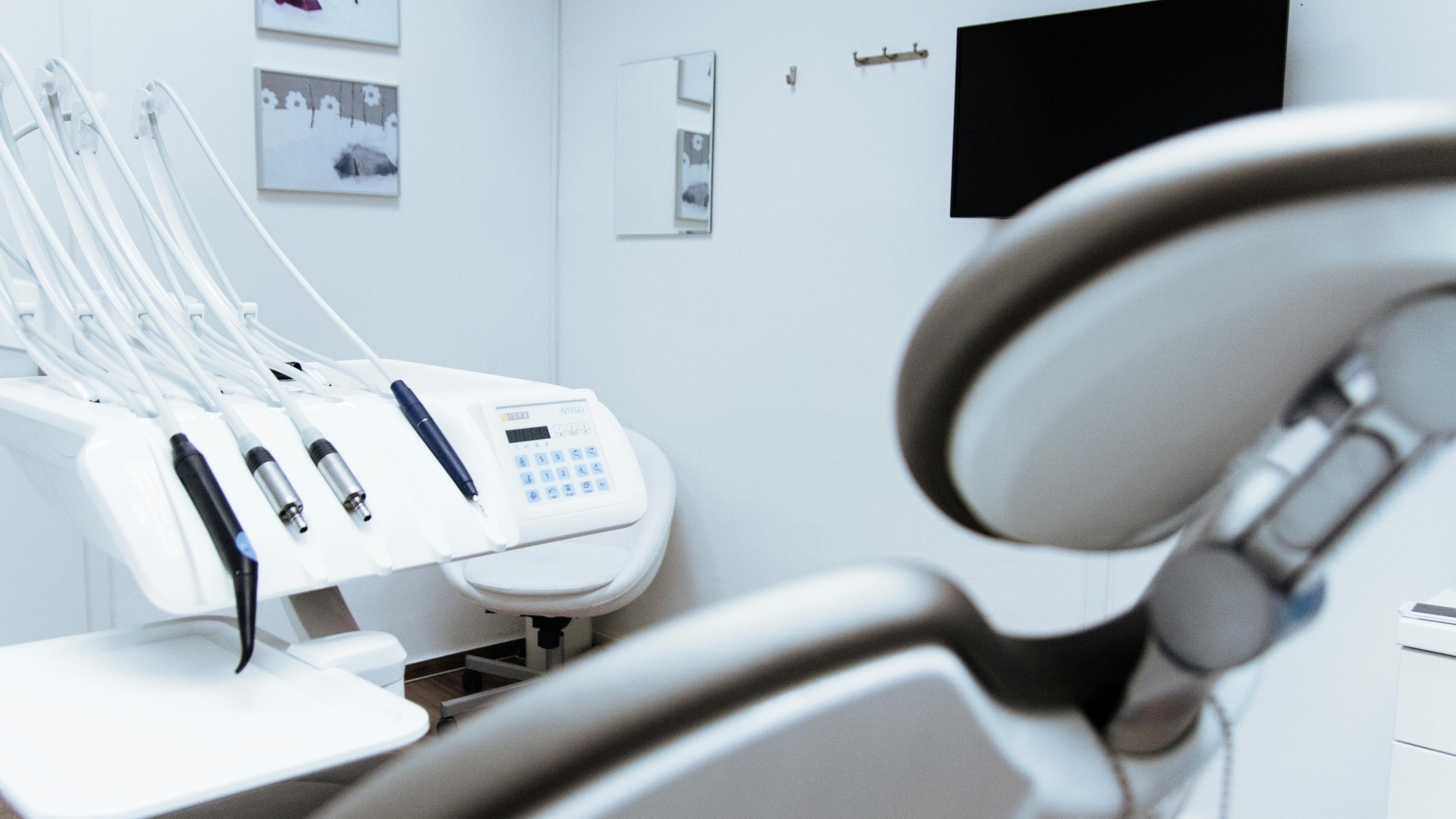
Your dental health is more than just a reflection of your smile; it is a window into your overall health. At Crows Nest Dental Centre, we believe that understanding the importance of dental health is crucial for maintaining not only a beautiful smile but also a healthy body. In this comprehensive guide, we will explore the various ways your dental health impacts you, from physical well-being to emotional and social aspects.
The Link Between Dental Health and Overall Health
Your mouth is a gateway to your body, and the state of your dental health can influence your overall health in several ways. Poor oral hygiene can lead to dental problems such as cavities, gum disease, and tooth loss, which in turn can affect other parts of your body.
1. Cardiovascular Health
Studies have shown a strong correlation between periodontal (gum) disease and cardiovascular disease. The bacteria from infected gums can enter the bloodstream and travel to the heart, contributing to the formation of arterial plaque. This can increase the risk of heart attack, stroke, and other cardiovascular problems.
Tip: Maintaining good oral hygiene by brushing, flossing, and regular dental checkups can help reduce the risk of cardiovascular disease.
Tip: Maintaining good oral hygiene by brushing, flossing, and regular dental checkups can help reduce the risk of cardiovascular disease.

2. Diabetes
There is a bidirectional relationship between diabetes and gum disease. People with diabetes are more susceptible to infections, including periodontal disease, which can make it harder to control blood sugar levels. Conversely, severe gum disease can increase blood sugar levels, exacerbating diabetes symptoms.
Tip: If you have diabetes, it is crucial to manage your blood sugar levels and maintain good oral hygiene to prevent gum disease.
Tip: If you have diabetes, it is crucial to manage your blood sugar levels and maintain good oral hygiene to prevent gum disease.
3. Respiratory Health
Bacteria from gum disease and infected teeth can be inhaled into the lungs, leading to respiratory infections such as pneumonia. This is particularly concerning for individuals with chronic respiratory conditions such as chronic obstructive pulmonary disease (COPD).
Tip: Regular dental cleanings and good oral hygiene practices can help reduce the risk of respiratory infections.
Tip: Regular dental cleanings and good oral hygiene practices can help reduce the risk of respiratory infections.
4. Pregnancy Complications
Poor dental health has been linked to adverse pregnancy outcomes, including preterm birth and low birth weight. Pregnant women with gum disease are more likely to have babies that are born too early or too small. The inflammation and infection in the gums can trigger a systemic response, affecting the developing fetus.
Tip: Pregnant women should maintain regular dental checkups and cleanings to ensure good oral health and reduce the risk of pregnancy complications.
Tip: Pregnant women should maintain regular dental checkups and cleanings to ensure good oral health and reduce the risk of pregnancy complications.
The Impact of Dental Health on Your Daily Life
Beyond the direct links to overall health, dental health can significantly impact your daily life. The condition of your teeth and gums can affect your ability to eat, speak, and interact with others, influencing your quality of life and self-esteem.

1. Eating and Nutrition
Your teeth play a crucial role in chewing and breaking down food for digestion. Dental problems such as cavities, tooth sensitivity, and missing teeth can make it difficult to eat certain foods, leading to poor nutrition. Avoiding nutritious foods like fruits, vegetables, and lean proteins because of dental pain can result in deficiencies in essential vitamins and minerals.
Tip: Address dental issues promptly and follow a balanced diet to ensure you get the necessary nutrients for overall health.
Tip: Address dental issues promptly and follow a balanced diet to ensure you get the necessary nutrients for overall health.
2. Speech
Teeth are essential for clear speech. Dental problems such as missing teeth, misaligned teeth, and ill-fitting dentures can affect your ability to pronounce words correctly, leading to speech difficulties and self-consciousness.
Tip: Correcting dental issues with the help of a dentist can improve speech clarity and boost your confidence in social interactions.
Tip: Correcting dental issues with the help of a dentist can improve speech clarity and boost your confidence in social interactions.
3. Self-Esteem and Confidence
A healthy, attractive smile is often associated with confidence and self-esteem. Dental problems such as stained, crooked, or missing teeth can make you self-conscious about your appearance, affecting your social interactions and professional life.
Tip: Investing in cosmetic dental treatments, such as teeth whitening, veneers, and orthodontics, can enhance your smile and improve your self-esteem.
Tip: Investing in cosmetic dental treatments, such as teeth whitening, veneers, and orthodontics, can enhance your smile and improve your self-esteem.
Emotional and Mental Health
The state of your dental health can also influence your emotional and mental well-being. Chronic dental problems can lead to persistent pain and discomfort, which can affect your mood and mental health.
1. Chronic Pain and Discomfort
Persistent dental pain from issues like tooth decay, gum disease, or temporomandibular joint (TMJ) disorders can cause significant discomfort and affect your ability to concentrate on daily tasks. Chronic pain is also linked to increased stress and anxiety levels.
Tip: Seeking prompt dental care for any pain or discomfort can improve your quality of life and reduce stress levels.
Tip: Seeking prompt dental care for any pain or discomfort can improve your quality of life and reduce stress levels.
2. Anxiety and Depression
Poor dental health can lead to social anxiety and depression, particularly if it affects your appearance and ability to interact with others. Feeling embarrassed about your teeth can cause you to avoid social situations, leading to isolation and decreased mental well-being.
Tip: Addressing dental issues and maintaining good oral hygiene can help improve your mental health and encourage social engagement.
Tip: Addressing dental issues and maintaining good oral hygiene can help improve your mental health and encourage social engagement.
Preventive Measures for Optimal Dental Health
Maintaining good dental health is essential for your overall well-being. Here are some preventive measures you can take to ensure your teeth and gums stay healthy:
1. Regular Dental Checkups
Visiting your dentist regularly for checkups and cleanings is crucial for early detection and treatment of dental problems. Your dentist can identify issues such as cavities, gum disease, and oral cancer in their early stages, preventing more severe complications.
Tip: Schedule dental checkups at least twice a year to maintain optimal dental health.
2. Proper Oral Hygiene
Good oral hygiene practices are the foundation of dental health. Brush your teeth at least twice a day with fluoride toothpaste and floss daily to remove plaque and food particles from between your teeth.
Tip: Use a soft-bristled toothbrush and replace it every three to four months or sooner if the bristles become frayed.
3. Healthy Diet

A balanced diet that is low in sugar and high in nutrients can help protect your teeth and gums. Foods rich in calcium, phosphorus, and vitamins A, C, and D are particularly beneficial for dental health.
Tip: Limit sugary snacks and beverages, and drink plenty of water to help wash away food particles and bacteria.
Tip: Limit sugary snacks and beverages, and drink plenty of water to help wash away food particles and bacteria.
4. Avoid Tobacco Products
Smoking and chewing tobacco can have severe effects on your dental health, including staining your teeth, causing bad breath, and increasing the risk of gum disease and oral cancer.
Tip: If you use tobacco products, seek help to quit and reduce your risk of dental problems.
Tip: If you use tobacco products, seek help to quit and reduce your risk of dental problems.
5. Use Mouthguards
If you participate in contact sports or grind your teeth at night, using a mouthguard can protect your teeth from injury and wear.
Tip: Consult your dentist about getting a custom-fitted mouthguard for optimal protection.
Tip: Consult your dentist about getting a custom-fitted mouthguard for optimal protection.
Why Choose Crows Nest Dental Centre?
At Crows Nest Dental Centre, we are dedicated to providing comprehensive dental care to help you maintain a healthy smile and overall well-being. Here are some reasons to choose our dental practice:
- Experienced Dentists: Our team of skilled dentists has years of experience and is committed to staying updated on the latest advancements in dental care.
- Advanced Technology: We use state-of-the-art equipment to ensure accurate diagnoses and effective treatments, providing you with the highest quality of care.
- Patient-Centered Care: Your comfort and satisfaction are our top priorities. We strive to create a welcoming and stress-free environment, ensuring you feel at ease during your visit.
- Community Engagement: We are committed to educating our community on the importance of dental health through informative blogs and community outreach. Our goal is to empower you with the knowledge to make informed decisions about your oral health.
Conclusion
Your dental health has far-reaching impacts on your overall well-being, from physical health to emotional and social aspects. By maintaining good oral hygiene practices, eating a balanced diet, and seeking regular dental care, you can protect your teeth and gums and enhance your quality of life.
At Crows Nest Dental Centre, we are here to support you on your journey to optimal dental health. For more tips and expert dental care, visit us at Crows Nest Dental Centre or schedule an appointment today!
At Crows Nest Dental Centre, we are here to support you on your journey to optimal dental health. For more tips and expert dental care, visit us at Crows Nest Dental Centre or schedule an appointment today!
What Are Dental Implants?
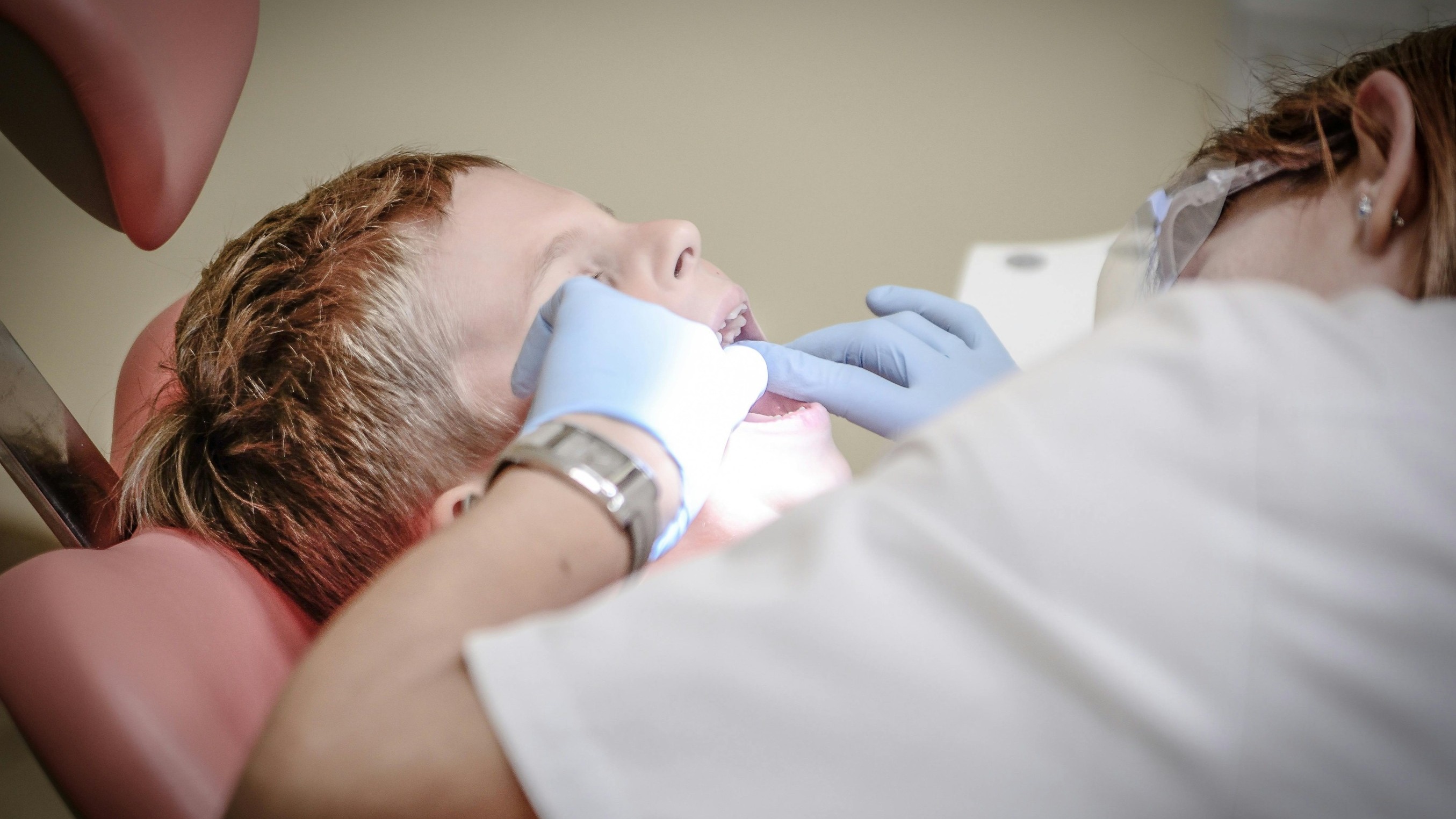
Dental implants have revolutionized the field of dentistry, offering a reliable and long-lasting solution for missing teeth. At Crows Nest Dental Centre, we understand that losing a tooth can be a distressing experience, affecting not only your smile but also your overall oral health and confidence. In this comprehensive guide, we will explore what dental implants are, their benefits, the procedure involved, and how they can improve your quality of life.
Understanding Dental Implants
Dental implants are artificial tooth roots made of biocompatible materials, typically titanium, that are surgically placed into the jawbone. They provide a strong foundation for fixed or removable replacement teeth, designed to match your natural teeth. Unlike dentures or bridges, dental implants integrate with your bone, offering a permanent solution that feels and functions like real teeth.
Components of Dental Implants
A dental implant consists of three main components:
- Implant Post: This is the titanium screw that is surgically inserted into the jawbone. It acts as the root of the artificial tooth.
- Abutment: This is a connector placed on top of the implant post. It holds the replacement tooth or crown securely.
- Crown: The crown is the visible part of the implant, designed to look like a natural tooth. It is custom-made to match the shape, size, and color of your existing teeth.
Benefits of Dental Implants
Dental implants offer numerous benefits, making them an excellent choice for tooth replacement. Here are some of the key advantages:
1. Improved Appearance
Dental implants are designed to look and feel like your natural teeth. They are custom-made to blend seamlessly with your existing teeth, restoring your smile and enhancing your appearance. Because they fuse with the bone, they provide a permanent solution that can last a lifetime with proper care.
2. Enhanced Functionality
Unlike dentures, which can slip and cause discomfort, dental implants provide a stable and secure fit. This allows you to chew and speak with confidence, without worrying about your teeth shifting. Dental implants function like natural teeth, enabling you to enjoy your favorite foods without restrictions.
3. Preservation of Jawbone
When a tooth is lost, the jawbone can begin to deteriorate due to lack of stimulation. Dental implants provide the necessary stimulation to the bone, preventing bone loss and maintaining the structure of your face. This helps preserve your natural facial contours and prevents the sunken appearance that can occur with missing teeth.
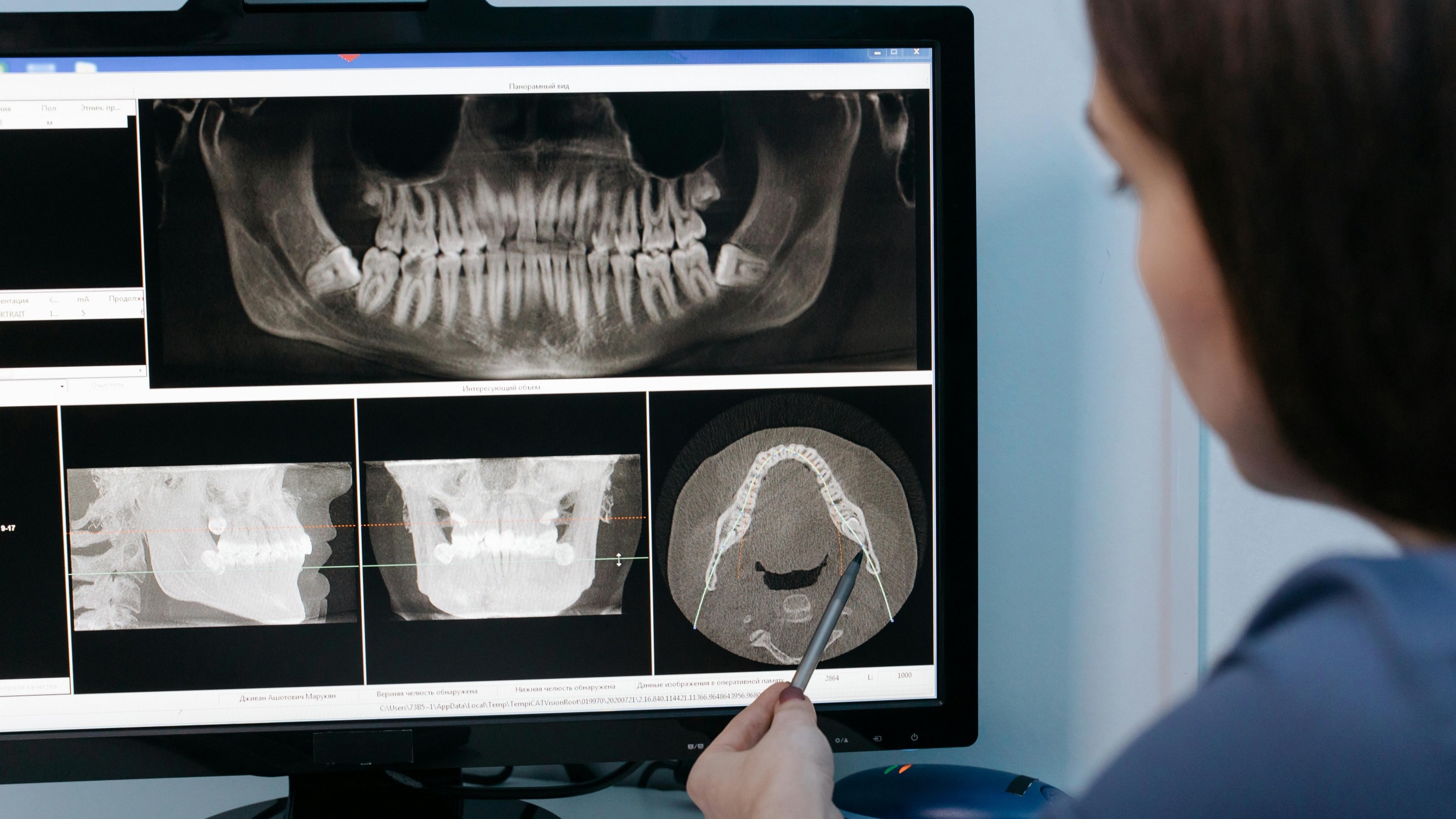
4. Durability and Longevity
Dental implants are known for their durability and longevity. With proper care and maintenance, they can last many years, often a lifetime. This makes them a cost-effective solution in the long term, as they do not require frequent replacements like dentures or bridges.
5. Improved Oral Health
Dental implants do not require the alteration of adjacent teeth, as is necessary with traditional bridges. This helps preserve the health of your natural teeth. Additionally, because implants integrate with the bone, they provide a stable foundation that does not rely on surrounding teeth for support.
The Dental Implant Procedure
The process of getting dental implants involves several steps, which can vary depending on individual needs and the condition of the jawbone. Here is an overview of the typical procedure:
1. Initial Consultation
The first step is a thorough consultation with your dentist at Crows Nest Dental Centre. During this visit, your dentist will evaluate your oral health, take X-rays, and discuss your treatment options. This is also an opportunity to ask any questions you may have about the procedure.
2. Treatment Planning
Based on the initial assessment, your dentist will create a personalized treatment plan tailored to your specific needs. This plan will outline the number of implants required, the type of restoration (crown, bridge, or denture), and any preparatory procedures that may be necessary, such as bone grafting.
3. Bone Grafting (if needed)
If your jawbone is not thick or dense enough to support the implant, a bone graft may be necessary. This involves adding bone or a bone-like material to the jawbone, which will need time to heal and integrate before the implant can be placed.
4. Implant Placement
Once the jawbone is ready, the dental implant post is surgically placed into the bone. This procedure is typically performed under local anesthesia to ensure your comfort. After placement, the implant will need time to integrate with the bone in a process called osseointegration, which can take several months.
5. Abutment Placement
After the implant has fused with the bone, the abutment is attached to the implant post. This connector piece will hold the replacement tooth or crown securely in place. In some cases, the abutment can be placed at the same time as the implant post.
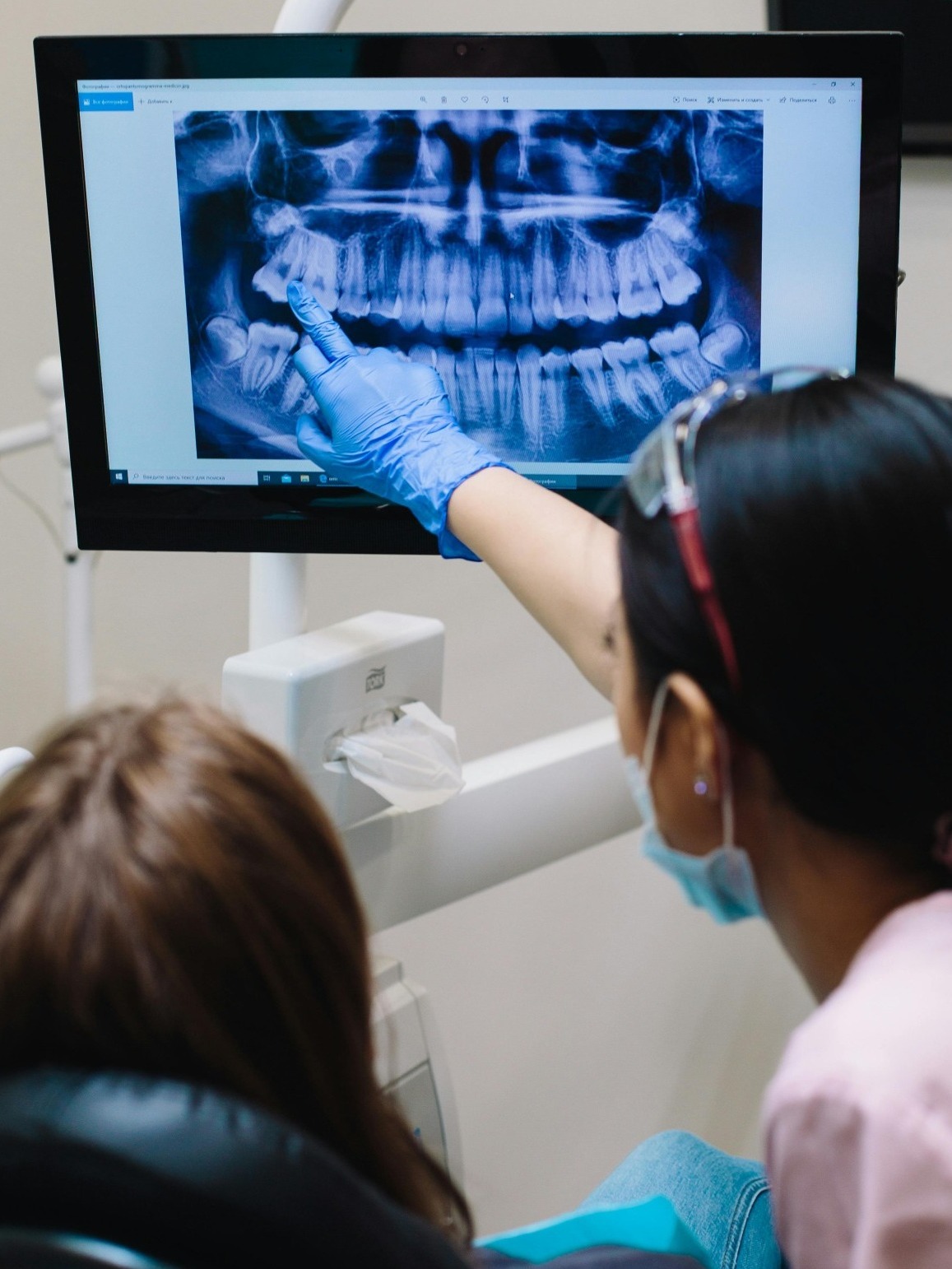
6. Crown Placement
Finally, a custom-made crown is attached to the abutment. This crown is designed to match your natural teeth in shape, size, and color, ensuring a seamless and natural-looking restoration. Your dentist will ensure that the crown fits properly and makes any necessary adjustments for comfort and functionality.
Types of Dental Implants
There are several types of dental implants available, each designed to address specific needs and conditions. Here are the most common types:
1. Endosteal Implants
Endosteal implants are the most common type of dental implant. They
Endosteal implants are the most common type of dental implant. They are surgically placed directly into the jawbone and can hold one or more artificial teeth. Endosteal implants are typically made of titanium and shaped like small screws.
2. Subperiosteal Implants
Subperiosteal implants are placed under the gum but above the jawbone. They are used when there is not enough healthy jawbone to support endosteal implants, and bone grafting is not an option. These implants consist of a metal frame that is fitted onto the jawbone, with posts protruding through the gums to hold the replacement teeth.
3. All-on-4® Implants
The All-on-4® technique is a revolutionary approach for replacing an entire arch of teeth with just four implants. These implants are strategically placed to maximize support and stability. All-on-4® implants provide a full set of replacement teeth that look, feel, and function like natural teeth.
4. Mini Implants
Mini implants are smaller in diameter than traditional implants and are used in situations where there is not enough space for standard implants. They are often used to stabilize lower dentures or in areas with limited bone density.
Candidacy for Dental Implants
While dental implants are an excellent solution for many people, not everyone is a suitable candidate. Several factors determine whether you are a good candidate for dental implants:
1. Sufficient Bone Density
Adequate jawbone density is essential for supporting the implant post. If you have significant bone loss, a bone graft may be necessary to build up the bone before implant placement.
2. Good Oral Health
Healthy gums and good oral hygiene are crucial for the success of dental implants. Conditions such as gum disease need to be treated before implants can be placed.
3. Overall Health
Certain medical conditions, such as uncontrolled diabetes, can affect the healing process and the success of dental implants. Your dentist will evaluate your overall health and discuss any potential risks.
4. Commitment to Oral Care
Dental implants require proper care and maintenance, including regular brushing, flossing, and dental checkups. A commitment to maintaining good oral hygiene is essential for the long-term success of implants.
Caring for Dental Implants
Caring for dental implants is similar to caring for your natural teeth. Proper oral hygiene and regular dental visits are essential to ensure the longevity and health of your implants. Here are some tips for maintaining your dental implants:
1. Brush and Floss Daily
Brush your teeth at least twice a day with a soft-bristled toothbrush and fluoride toothpaste. Floss daily to remove plaque and food particles from between your teeth and around the implant. Special interdental brushes can help clean hard-to-reach areas.
2. Regular Dental Checkups
Visit your dentist regularly for checkups and professional cleanings. Your dentist will monitor the health of your implants and ensure that they are functioning correctly. Regular visits also help detect any potential issues early.
3. Avoid Hard and Sticky Foods
Avoid chewing on hard objects such as ice and hard candies, which can damage the implant crown. Sticky foods like caramel and taffy can also put stress on the implant and should be eaten with caution.
4. Use Mouthguards
If you grind your teeth at night or play contact sports, use a mouthguard to protect your implants and natural teeth from damage. Your dentist can provide a custom-fitted mouthguard for optimal protection.
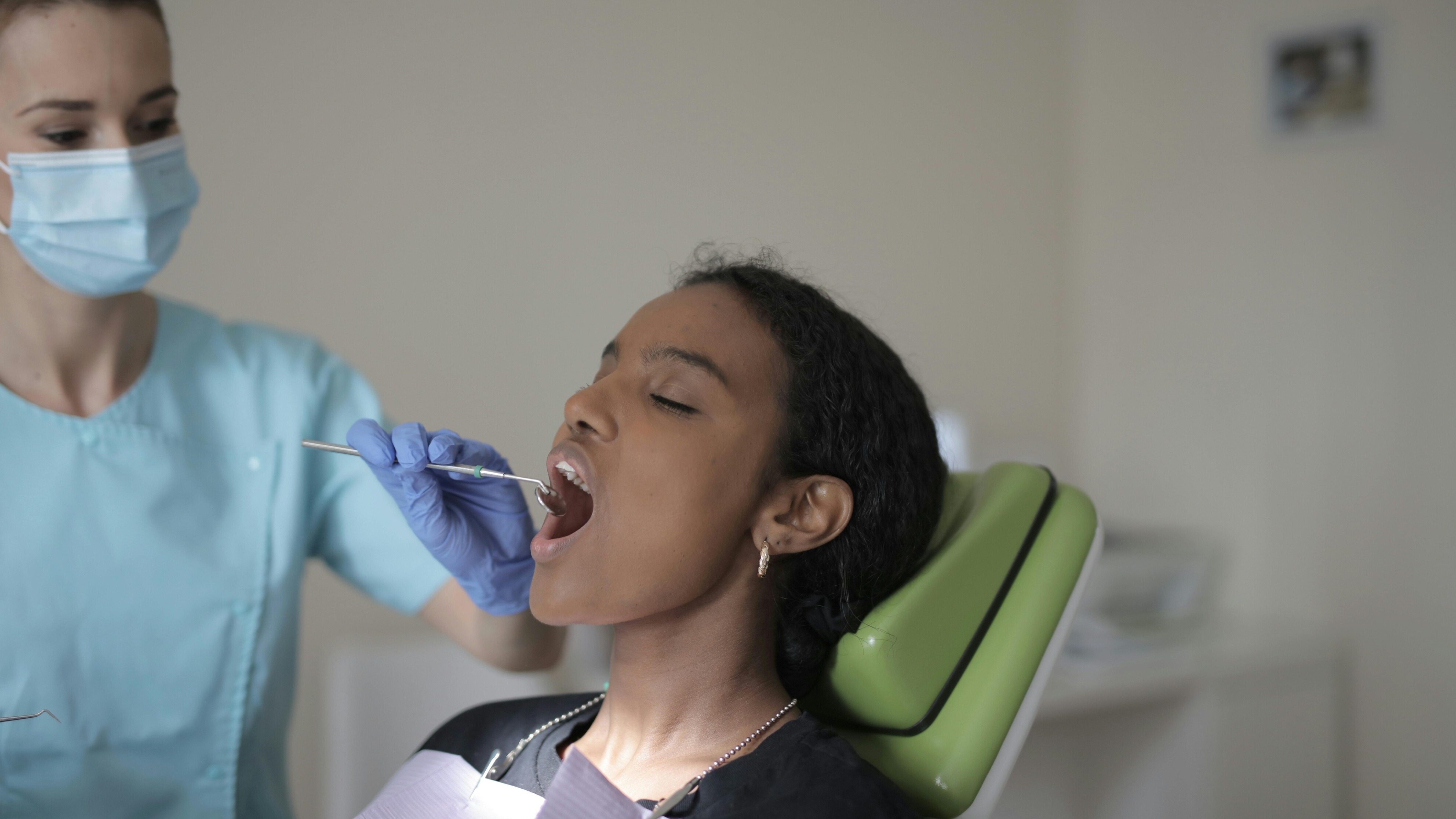
Why Choose Crows Nest Dental Centre for Dental Implants?
At Crows Nest Dental Centre, we are committed to providing high-quality dental care tailored to your individual needs. Here are some reasons to choose our practice for your dental implant treatment:
- Experienced Team: Our team of skilled dentists has extensive experience in placing dental implants and restoring smiles. We stay updated on the latest techniques and advancements in implant dentistry to provide the best care for our patients.
- Advanced Technology: We use state-of-the-art technology to ensure precise implant placement and optimal results. Our modern equipment allows for accurate diagnostics and effective treatments.
- Comprehensive Care: From initial consultation to final restoration, we provide comprehensive care throughout the entire implant process. We work closely with you to develop a personalized treatment plan that meets your unique needs and goals.
- Patient-Centered Approach: Your comfort and satisfaction are our top priorities. We strive to create a welcoming and stress-free environment, ensuring you feel at ease during your visit.
Conclusion
Dental implants are a transformative solution for replacing missing teeth, offering numerous benefits that enhance your appearance, functionality, and overall oral health. Understanding what dental implants are and the process involved can help you make informed decisions about your dental care.
At Crows Nest Dental Centre, we are dedicated to helping you achieve a healthy, beautiful smile. If you are considering dental implants, schedule a consultation with our experienced team today. Let us guide you on your journey to a confident and radiant smile.
For more information and to book an appointment, visit us at Crows Nest Dental Centre.
At Crows Nest Dental Centre, we are dedicated to helping you achieve a healthy, beautiful smile. If you are considering dental implants, schedule a consultation with our experienced team today. Let us guide you on your journey to a confident and radiant smile.
For more information and to book an appointment, visit us at Crows Nest Dental Centre.
Advantages of Invisalign
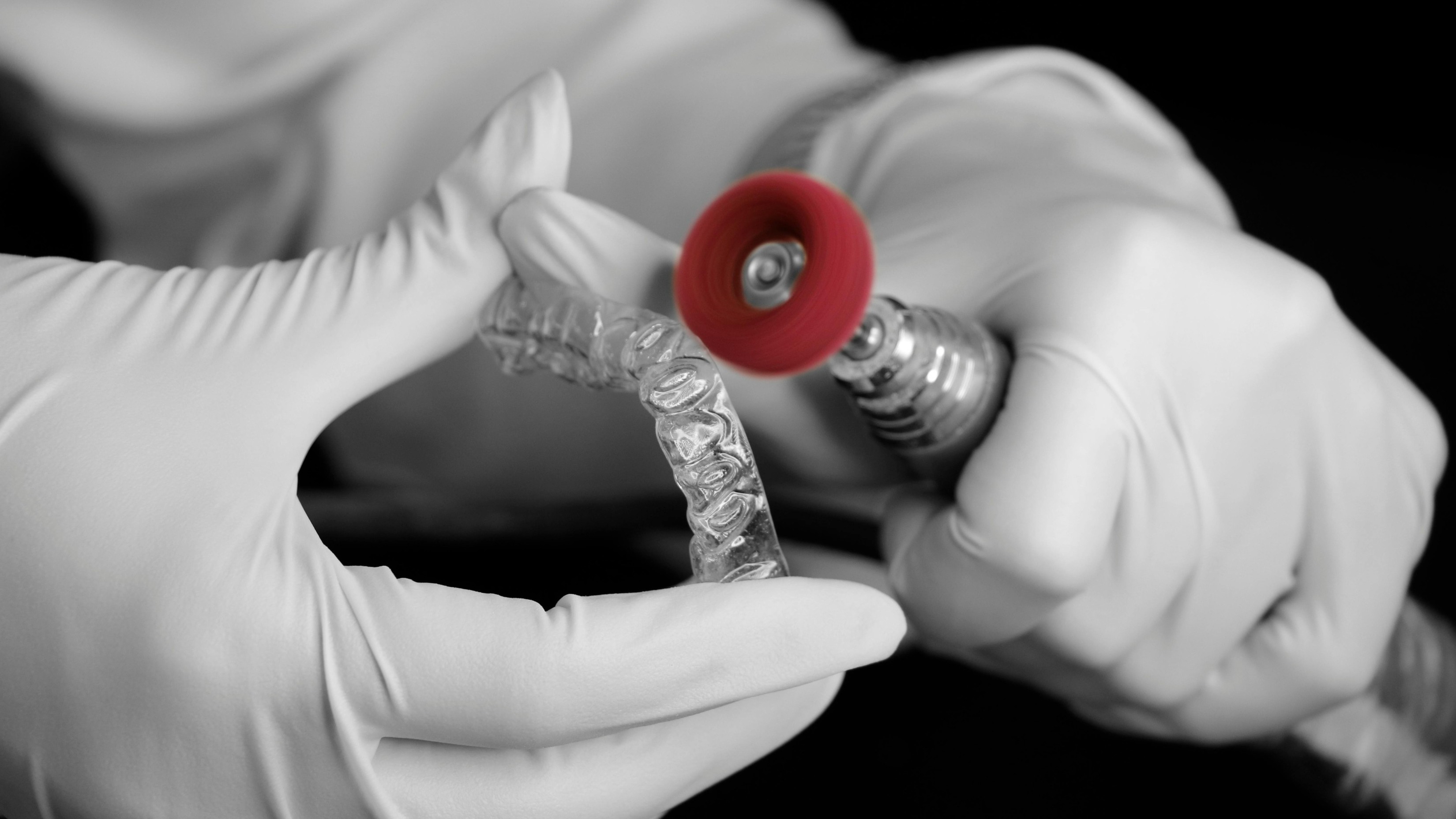
Orthodontic treatment has come a long way from the days of bulky metal braces. One of the most popular and innovative options available today is Invisalign, a clear aligner system that straightens teeth without the need for traditional brackets and wires. At Crows Nest Dental Centre, we believe in providing our patients with the latest advancements in dental care, and Invisalign is a testament to how far orthodontics has evolved. In this comprehensive guide, we will explore the numerous advantages of Invisalign and why it might be the perfect solution for achieving a beautiful, confident smile.
What Is Invisalign?
Invisalign is a modern orthodontic treatment that uses a series of custom-made, clear plastic aligners to gradually move teeth into their desired positions. These aligners are designed to be virtually invisible, making them an attractive option for both teens and adults who want to straighten their teeth discreetly. The aligners are removable, allowing for greater flexibility and convenience compared to traditional braces.
How Invisalign Works
The Invisalign treatment process begins with a consultation at Crows Nest Dental Centre. During this visit, your dentist will evaluate your teeth and create a personalized treatment plan using advanced 3D imaging technology. This technology allows for precise mapping of the movements your teeth will undergo during the treatment.
Once your treatment plan is finalized, a series of custom aligners will be fabricated. Each set of aligners is worn for about one to two weeks before moving on to the next set in the series. Over time, the aligners gently shift your teeth into their new positions, resulting in a straighter, more aligned smile.
Once your treatment plan is finalized, a series of custom aligners will be fabricated. Each set of aligners is worn for about one to two weeks before moving on to the next set in the series. Over time, the aligners gently shift your teeth into their new positions, resulting in a straighter, more aligned smile.
Advantages of Invisalign
Invisalign offers numerous benefits over traditional braces, making it a preferred choice for many patients. Here are some of the key advantages:
1. Discreet Appearance
One of the most significant advantages of Invisalign is its nearly invisible appearance. The clear aligners are made from a transparent plastic material that is difficult to notice when worn. This is a major benefit for adults and teens who may feel self-conscious about wearing traditional metal braces.
Tip: Invisalign is an excellent option for professionals, public speakers, and anyone who wants to maintain a natural appearance during orthodontic treatment.
Tip: Invisalign is an excellent option for professionals, public speakers, and anyone who wants to maintain a natural appearance during orthodontic treatment.
2. Comfort
Invisalign aligners are custom-made to fit snugly over your teeth, with smooth edges that are gentle on your gums and cheeks. Unlike traditional braces, which can cause irritation from brackets and wires, Invisalign offers a more comfortable experience.
Tip: If you experience any discomfort or soreness with your aligners, contact your dentist. Minor adjustments can often be made to improve comfort.
Tip: If you experience any discomfort or soreness with your aligners, contact your dentist. Minor adjustments can often be made to improve comfort.
3. Removability
Invisalign aligners are removable, allowing you to take them out for eating, drinking, brushing, and flossing. This provides a significant advantage in maintaining good oral hygiene, as you can clean your teeth more effectively without the obstruction of braces.
Tip: Although aligners should be worn for 20-22 hours per day, taking them out for meals and oral care helps maintain excellent dental health throughout treatment.
Tip: Although aligners should be worn for 20-22 hours per day, taking them out for meals and oral care helps maintain excellent dental health throughout treatment.
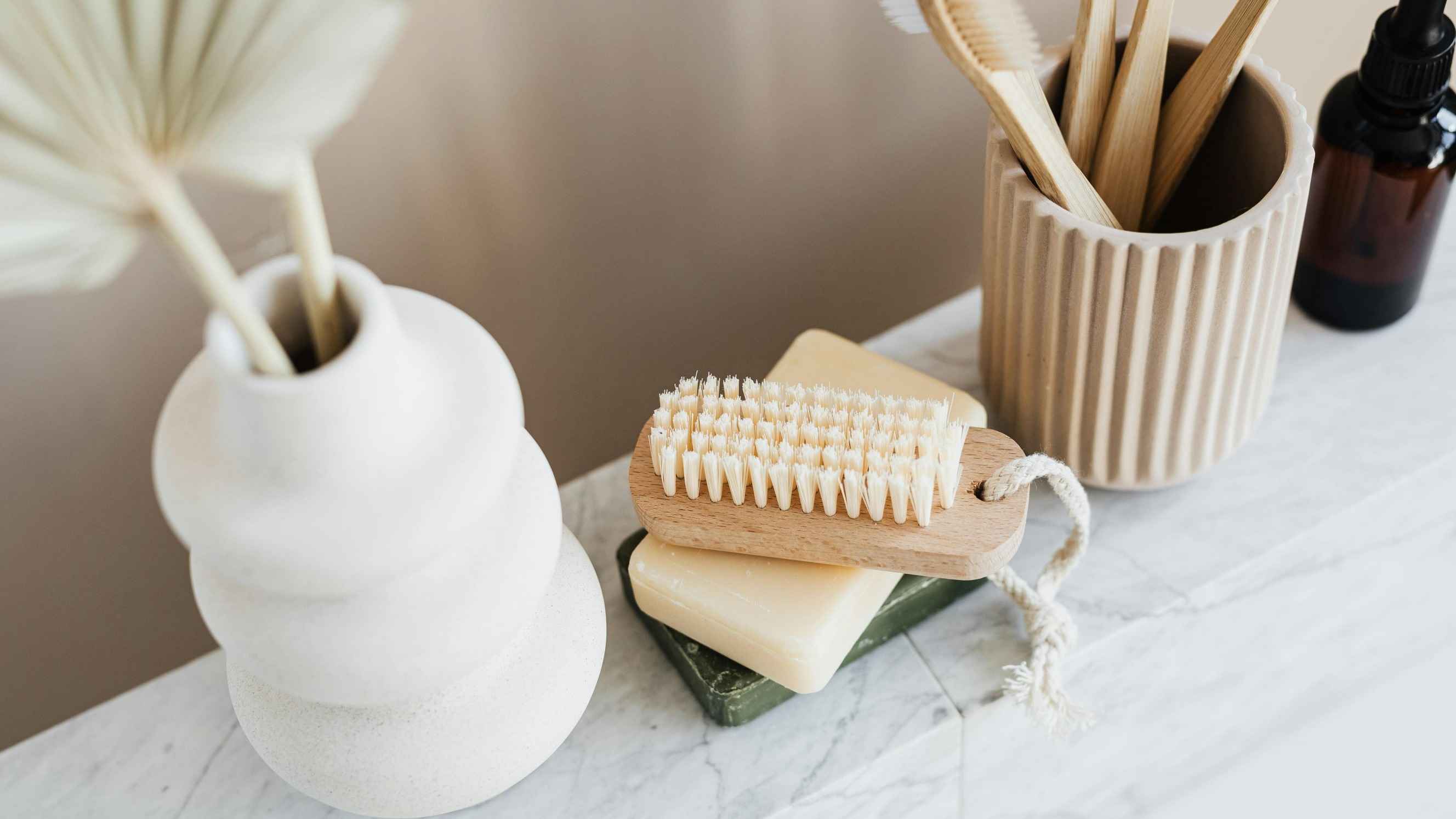
4. No Dietary Restrictions
Traditional braces come with a list of foods to avoid, such as sticky candies, hard nuts, and crunchy snacks, which can damage the brackets and wires. With Invisalign, you can continue to enjoy all your favorite foods without worry, as you simply remove the aligners when eating.
Tip: Always remember to brush your teeth before putting your aligners back in after meals to avoid trapping food particles and plaque.
Tip: Always remember to brush your teeth before putting your aligners back in after meals to avoid trapping food particles and plaque.
5. Predictable Results
Invisalign uses advanced 3D imaging technology to create a precise treatment plan and predict the movement of your teeth. This allows you to see a virtual representation of your expected results before you even begin treatment, giving you a clear understanding of the process and the final outcome.
Tip: Regular check-ins with your dentist will help ensure that your treatment is progressing as planned and that any necessary adjustments are made promptly.
Tip: Regular check-ins with your dentist will help ensure that your treatment is progressing as planned and that any necessary adjustments are made promptly.
6. Shorter Treatment Time
While the duration of orthodontic treatment varies from patient to patient, Invisalign often offers a shorter treatment time compared to traditional braces. Many patients achieve their desired results in 12 to 18 months, depending on the complexity of their case.
Tip: Following your dentist's instructions and wearing your aligners as recommended will help ensure the most efficient and effective treatment.
Tip: Following your dentist's instructions and wearing your aligners as recommended will help ensure the most efficient and effective treatment.
7. Fewer Dental Visits
Traditional braces require frequent visits to the orthodontist for adjustments and maintenance. With Invisalign, you typically have fewer appointments, as you are provided with multiple sets of aligners at each visit. Your dentist will monitor your progress and make necessary adjustments, but the overall number of appointments is usually lower.
Tip: Regularly changing your aligners as directed and attending scheduled check-ups will help keep your treatment on track.
Tip: Regularly changing your aligners as directed and attending scheduled check-ups will help keep your treatment on track.
8. Improved Oral Hygiene
Maintaining good oral hygiene can be challenging with traditional braces, as food particles and plaque can accumulate around brackets and wires. Invisalign aligners are removable, making it easier to brush and floss your teeth effectively. This helps reduce the risk of cavities, gum disease, and other dental issues during treatment.
Tip: Brush and floss your teeth after every meal and before reinserting your aligners to maintain optimal oral health.
Tip: Brush and floss your teeth after every meal and before reinserting your aligners to maintain optimal oral health.
9. Versatility
Invisalign can effectively treat a wide range of orthodontic issues, including crowded teeth, gaps, overbites, underbites, and crossbites. Whether you have minor misalignment or more complex dental issues, Invisalign can provide a customized solution to meet your needs.
Tip: Schedule a consultation with your dentist to determine if Invisalign is the right treatment option for your specific orthodontic needs.
Tip: Schedule a consultation with your dentist to determine if Invisalign is the right treatment option for your specific orthodontic needs.
10. Boosted Confidence
A straight, beautiful smile can significantly boost your self-esteem and confidence. Invisalign allows you to achieve the smile you’ve always wanted without the embarrassment of traditional braces. As your teeth gradually align, you’ll likely feel more confident in both social and professional situations.
Tip: Take progress photos throughout your treatment to see the transformation of your smile and stay motivated.
Tip: Take progress photos throughout your treatment to see the transformation of your smile and stay motivated.
The Invisalign Treatment Process
Understanding the steps involved in the Invisalign treatment process can help you feel more prepared and confident in your decision. Here’s a detailed overview of what to expect:
1. Initial Consultation
Your journey with Invisalign begins with an initial consultation at Crows Nest Dental Centre. During this visit, your dentist will evaluate your oral health, discuss your orthodontic goals, and determine if Invisalign is the right option for you. This is also an opportunity to ask any questions you may have about the treatment.
2. Customized Treatment Plan
If you are a candidate for Invisalign, your dentist will create a customized treatment plan using advanced 3D imaging technology. Digital impressions of your teeth will be taken, and a virtual model of your treatment plan will be created. This model shows the step-by-step movement of your teeth and the expected final result.
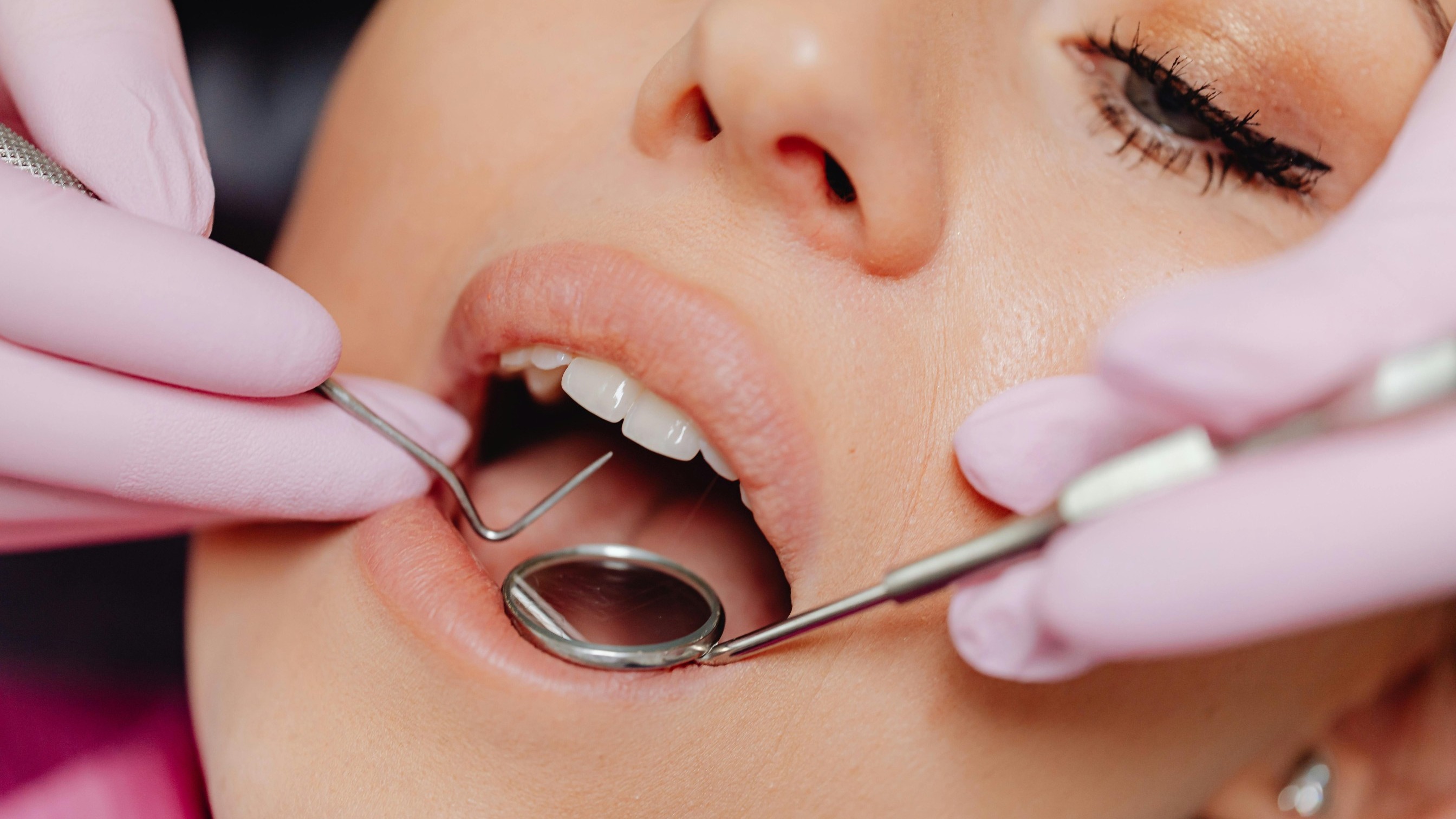
3. Fabrication of Aligners
Based on your treatment plan, a series of custom aligners will be fabricated specifically for you. Each set of aligners is designed to move your teeth incrementally, and you will switch to a new set every one to two weeks.
4. Wearing Your Aligners
You will need to wear your aligners for 20-22 hours per day, removing them only for eating, drinking (except water), brushing, and flossing. It’s important to follow your dentist’s instructions and wear your aligners as directed to achieve the best results.
5. Progress Check-ups
Regular check-ups with your dentist are essential to monitor your progress and ensure your treatment is on track. These appointments are usually scheduled every 6-8 weeks, during which you will receive your next sets of aligners and any necessary adjustments will be made.
6. Completion of Treatment
Once you have completed the series of aligners, your dentist will evaluate the final position of your teeth. In some cases, additional refinement aligners may be needed to achieve the desired results. After treatment, you will likely be provided with retainers to maintain your new smile and prevent your teeth from shifting back.
Maintaining Your Invisalign Aligners
Proper care and maintenance of your Invisalign aligners are crucial for ensuring effective treatment and keeping your aligners in good condition. Here are some tips for maintaining your aligners:
1. Clean Your Aligners Daily
Rinse your aligners with lukewarm water every time you remove them to prevent saliva and plaque buildup. Use a soft toothbrush and clear, antibacterial soap to gently brush your aligners daily. Avoid using toothpaste, as it can be abrasive and cause scratches.
Tip: Avoid using hot water to clean your aligners, as it can warp the plastic.
Tip: Avoid using hot water to clean your aligners, as it can warp the plastic.
2. Store Your Aligners Properly
When you remove your aligners, store them in their protective case to prevent loss or damage. Leaving them exposed can increase the risk of bacteria buildup and potential damage.
Tip: Always carry your aligner case with you to ensure you have a safe place to store your aligners when not in use.
Tip: Always carry your aligner case with you to ensure you have a safe place to store your aligners when not in use.
3. Avoid Staining Foods and Beverages
To keep your aligners clear and free from stains, avoid consuming foods and beverages that can cause discoloration, such as coffee, tea, red wine, and tobacco products. Brush your teeth before reinserting your aligners after eating or drinking anything other than water.
Tip: If you do consume staining foods or beverages, rinse your mouth and aligners thoroughly to minimize staining.
Tip: If you do consume staining foods or beverages, rinse your mouth and aligners thoroughly to minimize staining.
Why Choose Crows Nest Dental Centre for Invisalign?
At Crows Nest Dental Centre, we are dedicated to providing our patients with the highest quality of care and the latest advancements in dental treatments. Here’s why you should choose us for your Invisalign treatment:
- Experienced Team: Our team of skilled dentists has extensive experience in orthodontics and Invisalign treatment. We stay updated on the latest techniques and technologies to ensure the best outcomes for our patients.
- Personalized Care: We understand that every patient is unique, and we tailor our treatment plans to meet your specific needs and goals. From your initial consultation to the completion of your treatment, we are committed to providing personalized, compassionate care.
- State-of-the-Art Technology: Our practice is equipped with advanced 3D imaging technology and digital scanning tools to create precise and effective treatment plans. This technology allows for accurate mapping of your teeth and predictable results.
- Comfortable Environment: We strive to create a welcoming and comfortable environment for our patients. Our friendly staff is here to support you throughout your Invisalign journey and ensure a positive experience.
Conclusion
Invisalign offers a revolutionary and effective way to achieve a straight, beautiful smile without the hassle and visibility of traditional braces. The numerous advantages of Invisalign, including its discreet appearance, comfort, removability, and predictability, make it an excellent choice for many patients seeking orthodontic treatment.
At Crows Nest Dental Centre, we are committed to helping you achieve the smile of your dreams with the highest level of care and expertise. If you’re considering Invisalign, schedule a consultation with our experienced team today. Let us guide you on your journey to a confident and radiant smile.
For more information and to book an appointment, visit us at Crows Nest Dental Centre.
At Crows Nest Dental Centre, we are committed to helping you achieve the smile of your dreams with the highest level of care and expertise. If you’re considering Invisalign, schedule a consultation with our experienced team today. Let us guide you on your journey to a confident and radiant smile.
For more information and to book an appointment, visit us at Crows Nest Dental Centre.
What To Do When a Dental Emergency Happens?

Dental emergencies can be alarming and often require immediate attention to prevent further complications. Whether it's a sudden toothache, a knocked-out tooth, or any other urgent dental issue, knowing how to respond can make a significant difference in the outcome. At Crows Nest Dental Centre, we prioritize your dental health and want to ensure you are prepared for any dental emergency. This comprehensive guide will help you understand common dental emergencies and the appropriate steps to take when they occur.
Understanding Dental Emergencies
A dental emergency involves any dental issue that requires immediate treatment to alleviate severe pain, stop ongoing tissue bleeding, or save a tooth. Some situations might also qualify as emergencies if they pose a risk of infection or have severe health implications. Common dental emergencies include:
- Severe toothache
- Knocked-out (avulsed) tooth
- Chipped or broken tooth
- Lost filling or crown
- Abscess or swelling
- Soft tissue injuries (gums, lips, cheeks, tongue)
Immediate Actions to Take During a Dental Emergency
Knowing what to do in the first moments of a dental emergency can significantly impact the outcome. Here are steps to take for common dental emergencies:
1. Severe Toothache
A severe toothache can be debilitating and may indicate an underlying problem such as an infection, decay, or abscess. Here’s what to do:
- Rinse Your Mouth: Rinse your mouth with warm water to clean the area.
- Floss Gently: Use dental floss to remove any food particles or debris that may be stuck between your teeth.
- Apply a Cold Compress: Place a cold compress on the outside of your cheek to reduce swelling and numb the pain.
- Avoid Aspirin: Do not place aspirin or any other painkiller directly on the gums near the aching tooth, as it can burn the gum tissue.
- See a Dentist: Contact your dentist as soon as possible for an appointment. Severe toothaches require professional evaluation and treatment.
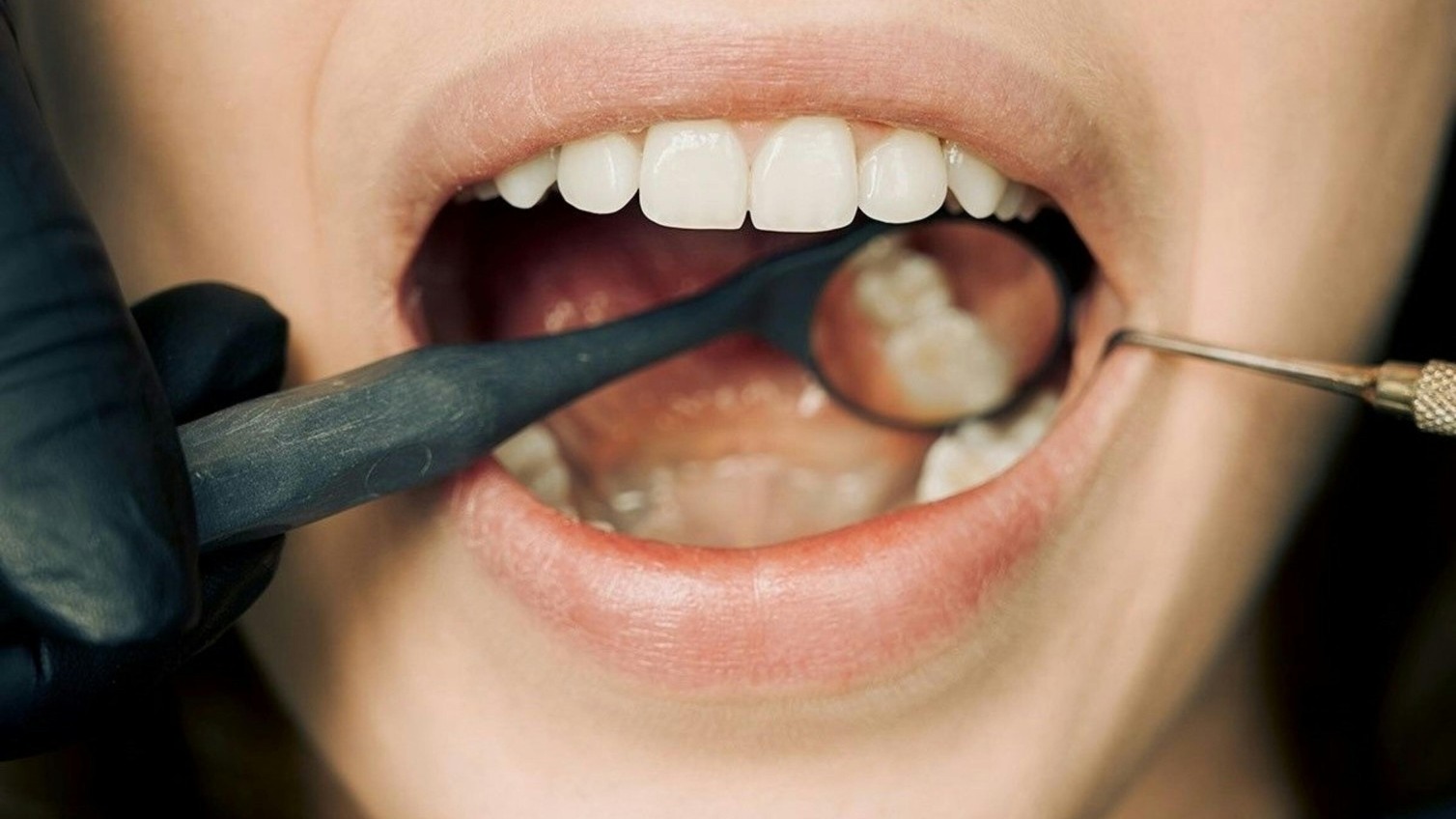
2. Knocked-Out Tooth
A knocked-out tooth is one of the most urgent dental emergencies. Quick action can often save the tooth. Follow these steps:
- Handle with Care: Pick up the tooth by the crown (the part that is usually exposed in the mouth), not the root.
- Rinse Gently: Rinse the tooth gently with water if it’s dirty. Do not scrub or remove any attached tissue fragments.
- Reinsert if Possible: Try to reinsert the tooth into its socket. Hold it in place by biting down gently on a clean cloth or gauze.
- Keep Moist: If reinsertion is not possible, keep the tooth moist. Place it in a container of milk, saline solution, or saliva.
- Get to the Dentist: See your dentist immediately. The chances of saving the tooth are highest within the first hour.
3. Chipped or Broken Tooth
A chipped or broken tooth can cause pain and lead to further damage if not treated promptly. Here’s what to do:
- Save the Pieces: Collect any broken pieces of the tooth and rinse them with water.
- Rinse Your Mouth: Rinse your mouth with warm water to clean the area.
- Control Bleeding: Apply gauze to the affected area if there is bleeding. Use a cold compress on the outside of your mouth to reduce swelling.
- See a Dentist: Schedule an appointment with your dentist as soon as possible. Treatment will depend on the extent of the damage and may include bonding, a crown, or other restorative procedures.
4. Lost Filling or Crown
Losing a filling or crown can expose the affected tooth to infection and further damage. Here’s what to do:
- Keep the Filling or Crown: If possible, save the filling or crown and bring it with you to the dentist.
- Protect the Tooth: Use over-the-counter dental cement or a piece of sugarless gum to temporarily cover the exposed tooth.
- Avoid Certain Foods: Avoid chewing on the affected side and stay away from hard or sticky foods.
- See a Dentist: Contact your dentist to schedule an appointment. They will determine whether the filling or crown can be reattached or if a new one is needed.
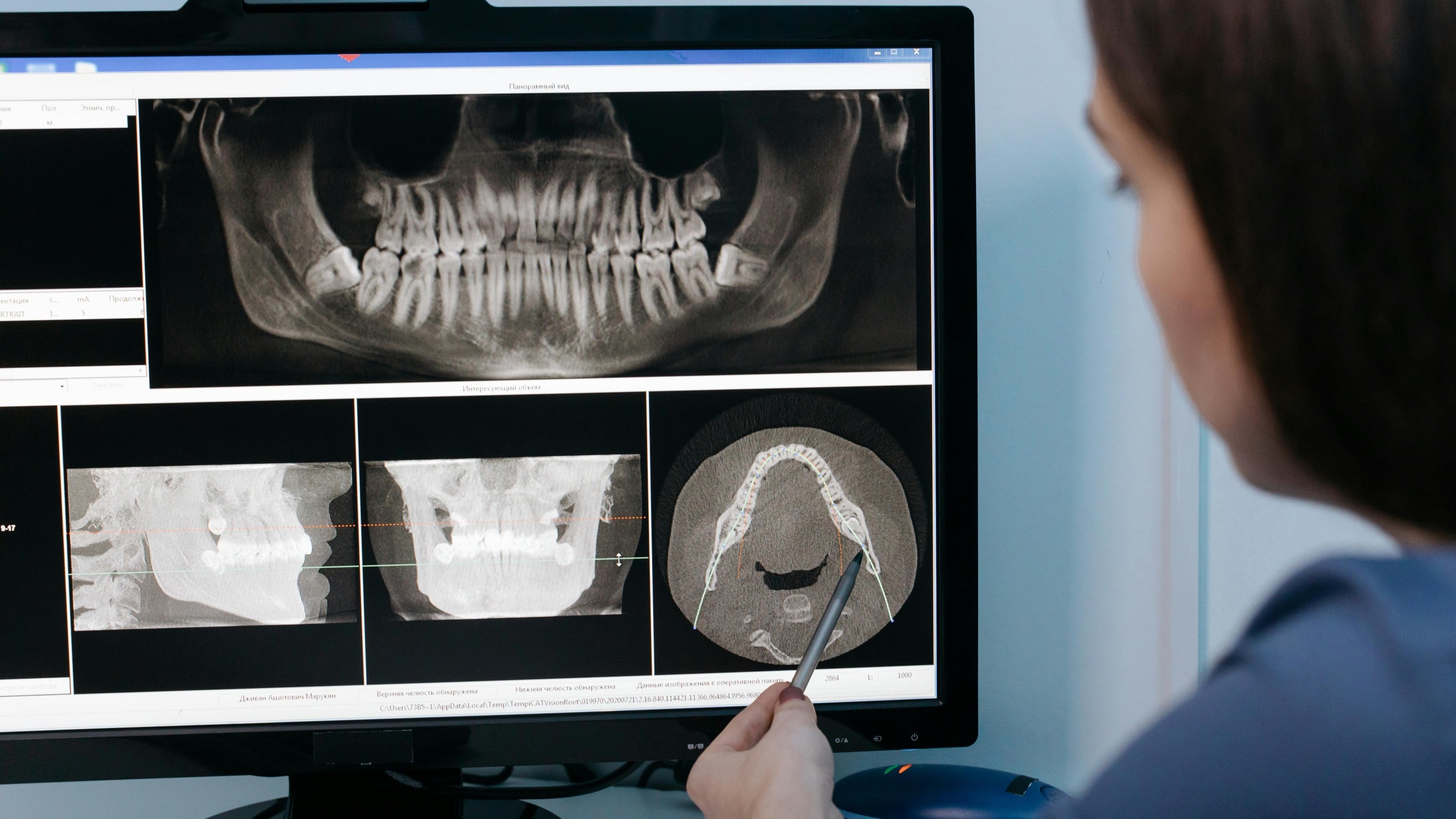
5. Abscess or Swelling
An abscess is a severe infection that occurs around the root of a tooth or in the space between the teeth and gums. It can cause significant pain and swelling. Here’s what to do:
- Rinse with Salt Water: Rinse your mouth with a mild saltwater solution several times a day to reduce pain and draw out pus.
- Apply a Cold Compress: Use a cold compress on the outside of your cheek to reduce swelling.
- Avoid Heat: Do not apply heat to the swollen area, as it can increase swelling.
- See a Dentist Immediately: Contact your dentist right away. An abscess requires prompt treatment to prevent the infection from spreading
6. Soft Tissue Injuries
Injuries to the gums, lips, cheeks, or tongue can result from accidents or trauma. Here’s what to do:
- Rinse with Salt Water: Rinse your mouth with salt water to clean the area.
- Control Bleeding: Use a piece of gauze or a clean cloth to apply gentle pressure to the bleeding site. If bleeding persists, seek emergency medical attention.
- Apply a Cold Compress: Place a cold compress on the outside of your mouth or cheek to reduce swelling and relieve pain.
- See a Dentist: If the injury is severe or does not stop bleeding, contact your dentist or visit the emergency room.
Preparing for Dental Emergencies
While it’s impossible to predict when a dental emergency will occur, being prepared can help you respond effectively. Here are some tips to help you prepare:
1. Keep Emergency Contact Information Handy
Have the contact information for Crows Nest Dental Centre and your regular dentist easily accessible. Store it in your phone and keep a printed copy in your first aid kit.
2. Create a Dental Emergency Kit
Prepare a dental emergency kit with the following items:
- Gauze pads
- Small container with a lid (for a knocked-out tooth)
- Over-the-counter pain relievers (not aspirin)
- Dental cement or temporary filling material
- Salt packets (for saltwater rinses)
- A cold pack or instant ice pack
- Latex or nitrile gloves
3. Know Basic First Aid
Familiarize yourself with basic first aid procedures for dental emergencies. This knowledge can help you remain calm and take the appropriate steps in an emergency situation.
4. Maintain Good Oral Hygie
Preventive care is crucial for reducing the risk of dental emergencies. Maintain good oral hygiene by brushing and flossing regularly, and visit your dentist for routine checkups and cleanings.
When to Seek Emergency Dental Care
Not all dental issues require immediate attention. Understanding when to seek emergency care and when to schedule a regular dental appointment can save you time and prevent unnecessary stress. Here are some guidelines:
Seek Emergency Dental Care If:
- You experience severe pain that is not relieved by over-the-counter pain relievers.
- You have a knocked-out tooth.
- You have a tooth that is cracked or broken with significant pain or sharp edges.
- You have an abscess or facial swelling that is affecting your breathing or swallowing.
- You have uncontrolled bleeding in your mouth.
Schedule a Regular Dental Appointment If:
- You have a mild toothache that is manageable with over-the-counter pain relievers.
- You have a minor chip or crack in your tooth without pain.
- You have a loose filling or crown but no pain.
- You experience mild gum irritation or sensitivity.
Preventing Dental Emergencies
While not all dental emergencies can be prevented, certain measures can reduce the risk of experiencing one. Here are some tips for preventing dental emergenci
1. Wear Protective Gear
If you participate in contact sports or activities with a high risk of impact, wear a mouthguard to protect your teeth and mouth. Custom-fitted mouthguards offer the best protection and comfort.
2. Avoid Chewing Hard Objects
Refrain from chewing on ice, hard candies, popcorn kernels, and other hard objects that can crack or break your teeth. Avoid using your teeth as tools to open packages or bottles.
3. Practice Good Oral Hygiene
Brush your teeth at least twice a day and floss daily to maintain healthy teeth and gums. Regular dental checkups can help identify and address potential issues before they become emergencies.
4. Address Dental Issues Promptly
If you notice any dental problems, such as a loose filling or a small chip, schedule an appointment with your dentist promptly. Addressing issues early can prevent them from escalating into emergencies.
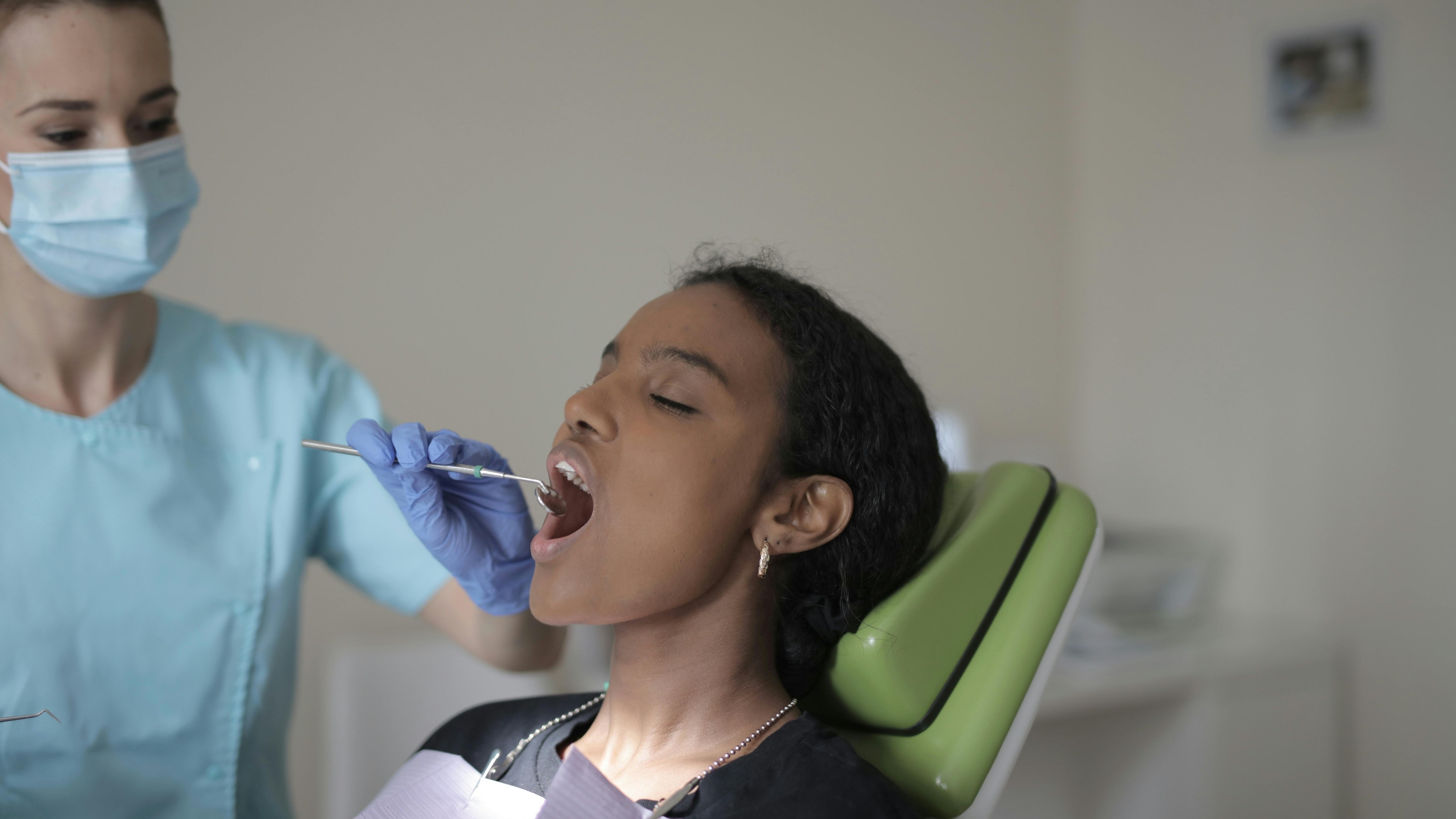
Why Choose Crows Nest Dental Centre for Emergency Care?
At Crows Nest Dental Centre, we understand the importance of prompt and effective care during a dental emergency. Here’s why you should choose us:
- Experienced Team: Our team of skilled dentists has extensive experience in handling dental emergencies. We provide compassionate and professional care to address your needs quickly and effectively.
- State-of-the-Art Facility: Our modern dental clinic is equipped with advanced technology and tools to diagnose and treat dental emergencies efficiently.
- Patient-Centered Approach: We prioritize your comfort and well-being. Our friendly staff is here to support you during stressful situations and ensure you receive the best care possible.
- Comprehensive Services: From emergency dental care to routine checkups and preventive treatments, we offer a wide range of services to maintain your oral health.
Conclusion
Dental emergencies can be unsettling, but knowing how to respond and having a trusted dental provider can make all the difference
Address
Level 1, 60 Willoughby Rd, Crows Nest.
Level 1, 60 Willoughby Rd, Crows Nest.
Hours
Monday 8am-6pm
Tuesday 8am-6pm
Wednesday 8am-6pm
Thursday 8am-6pm
Friday 8am-5pm
Saturday 8am-12pm
Closed Sundays & public holidays
